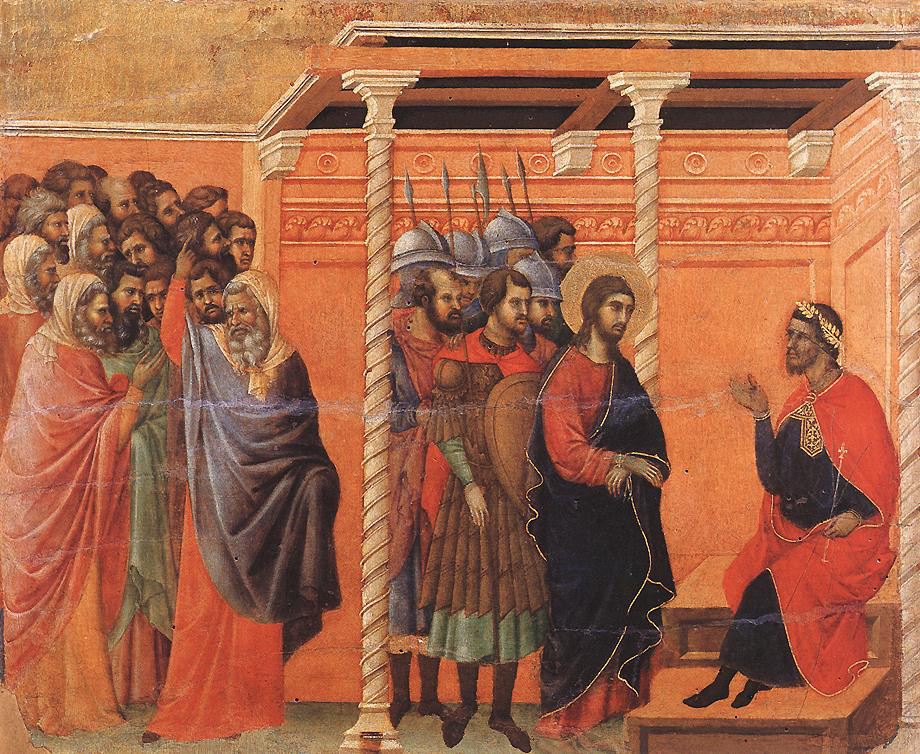Pontius Pilate woke up one morning to meet Jesus Christ and a rabid mob demanding Jesus’ crucifixion.
The Roman prefect, or governor, was very discomfited especially after getting a message from his wife that said, “Don’t have anything to do with that innocent man for I have suffered a great deal today in a dream because of him.”
“I have always had the impression that Pilate didn’t really want to kill Jesus and that shaped the rest of his interaction,” said the Rev. Josh Rieff, pastor of Southside Baptist Church in Monahans. “He looked for a way out, but the elders had him between a rock and a hard place. It was a political situation.”
With his predecessor having been deposed because of unrest, Pilate could have been executed or commanded to commit suicide if he had failed to avert another Jewish uprising, the Rev. Rieff said.
“He had no way out because Judea had been a very volatile area,” he said. “He wanted to spare Jesus because he had a sense of justice that he was trying to live by.
“Pilate was one of the first people to declare Jesus’ innate goodness,” Rieff said. “He was a worn-out, besieged, cigarette-smoking, superstitious guy and the world came to his doorstep one morning.
“He was a tragic figure caught up in a political game that wasn’t his. Jesus was talking about truth and Pilate asked, ‘What is truth?’”
While the appearance of Jesus before Pilate is described in all four Gospels, said Downtown Church of Christ Minister Greg Fleming of Midland, “I have long been intrigued by Paul’s reminder to his associate Timothy in First Timothy 6:13 that Jesus in his testimony before Pilate made the good confession.
“In what sense did Jesus confess something good about himself before Pilate?” Fleming asked. “And what does the good confession made by Jesus have to do with Timothy’s past good confession in the presence of many witnesses that undergirds his present good fight of the faith?
“Interestingly, the term here translated ‘good’ is earlier in this same letter sometimes translated ‘noble’ or ‘well,’” he said. “The good confession is not simply a good thing to say, it is a noble statement representing belief and even allegiance to something higher.
“Those who speak such words do well.”
Fleming said Jesus affirms to Pilate that he is a king in each one of the Gospels, but in John 18:36 he stresses that his kingdom “is not of this world.”
“My conclusion is that Jesus’ affirmation of kingship before a Roman governor is what Paul refers to when he says that Jesus made the good confession before Pilate,” he said. “Paul calls Timothy to maintain a commitment to the good fight, prompting him to look back to the day in which he made the good confession in the presence of many witnesses.
“The apostle believes Timothy’s recollection of his past noble confession about King Jesus will help him maintain his present commitment in a noble struggle.”




